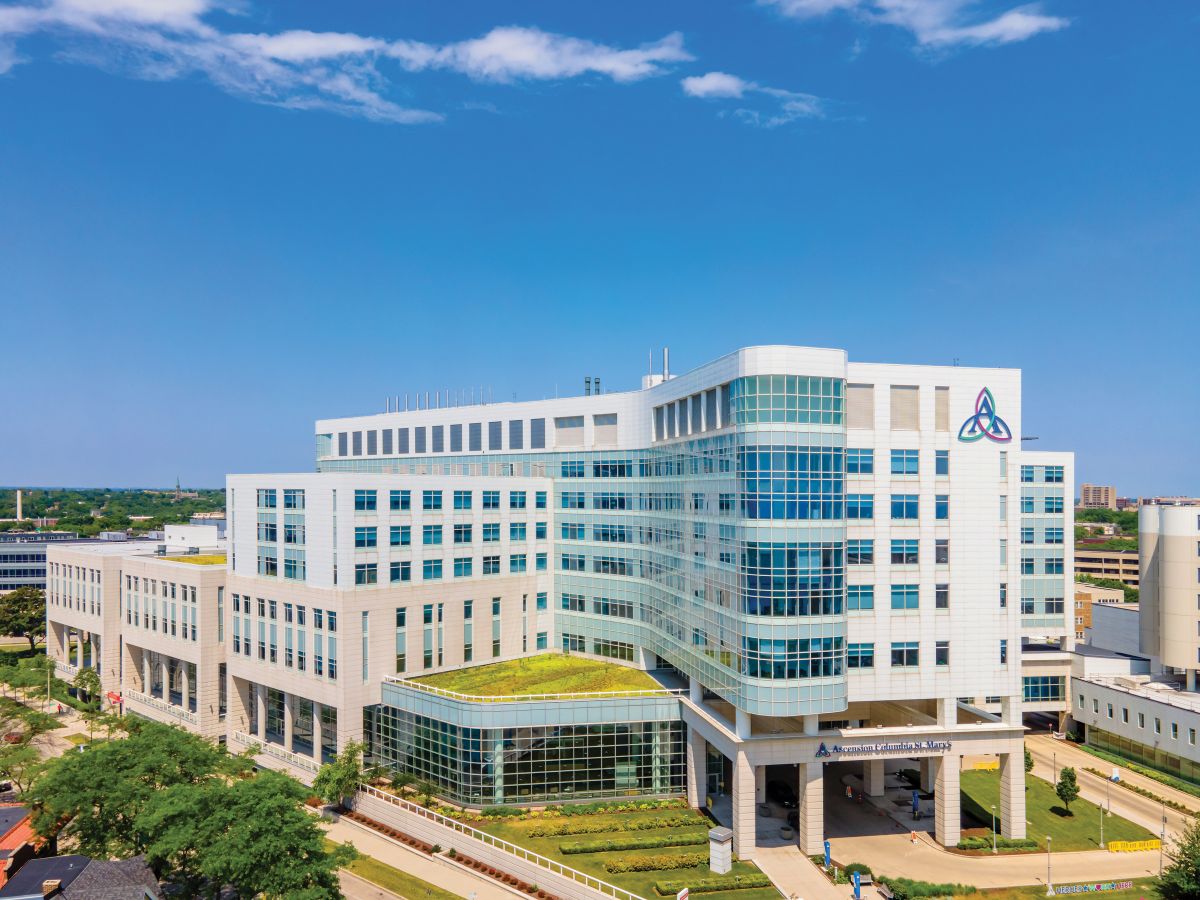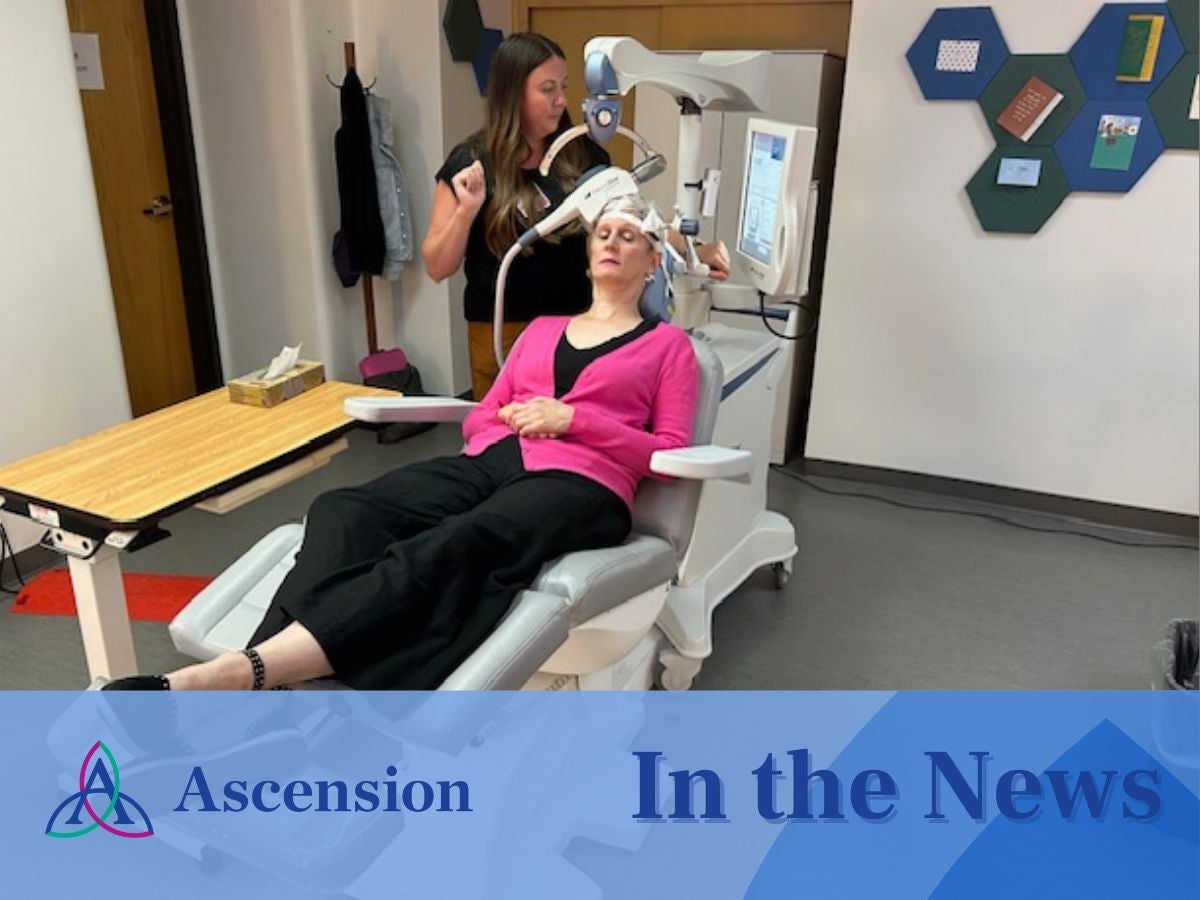Alcohol-related issues remain a major public health concern across the United States, especially in Wisconsin. According to the Center for Disease Control and Prevention (CDC), Wisconsin reported one of the highest rates of binge drinking among all states in 2021.
Consuming alcohol in excess can contribute to the development of alcohol use disorder and elevate the risk of various organ-related diseases, most notably affecting the liver, heart, and brain. While these health implications are widely understood, many people don’t realize that excessive alcohol consumption can also increase the likelihood of certain types of cancer.
Alcohol and cancer by the numbers:
- In 2021, more than 522,000 alcohol-related cancer cases were reported in the U.S., with alcohol use contributing to approximately 5% of all cancer diagnoses and 4% of all cancer-related deaths, according to the American Cancer Society .
- Studies indicate that the risk of developing alcohol-associated cancers increases with the amount and frequency of alcohol consumption over time.
Cancers most commonly associated with alcohol consumption:
Multiple sources, including the 2024 Cancer Progress Report from the American Association for Cancer Research (AACR), identify six different types of cancer that are connected to alcohol consumption:
- Breast
- Colorectal
- Esophagus (Squamous cell carcinoma)
- Stomach
- Liver
- Certain types of head and neck cancers such as mouth, throat and voice box (Larynx cancer)
How alcohol increases cancer:
According to the Centers for Disease Control (CDC), studies show that there are several ways consuming alcohol can increase someone’s risk of cancer:
- Alcohol consumption can interfere with normal cell function by disrupting cell cycles, promoting chronic inflammation, and causing DNA damage. When DNA, which is responsible for directing cell growth and function, is compromised, it can lead to uncontrolled cell growth and the development of cancer.
- Alcohol consumption can increase hormone levels, including estrogen, which plays a role in breast cancer development. Nearly 15% of breast cancer deaths among women in the U.S. are linked to alcohol use, and even moderate drinking has been associated with a 30–50% higher risk of developing the disease.
Reducing your cancer risk:
More than half of Americans do not know that drinking alcohol can increase the risk of certain types of cancer. According to the CDC, 40% of cancers are due to lifestyle factors that we have control over:
- People who reduce their alcohol consumption or stop drinking altogether can decrease their risk of developing alcohol-related cancers by 8%, and can reduce their risk of all cancer by 4%, compared to those who continue to drink or increase their drinking habits.
- Make any necessary lifestyle changes: avoid tobacco, maintain a healthy diet and weight, exercise, avoid ultraviolet radiation and minimize exposure to pollutants.
- When it comes to alcohol specifically, one thing you can do to help lower your risk is drink less, one drink per day for women and two drinks per day for men, or not at all.
- Speak with your doctor about your family medical history and which screening guidelines are right for you when it comes to various types of cancer.
Alcohol screenings at Ascension Wisconsin
Ascension Wisconsin began screening patients for alcohol use in 2020 to identify risky drinking and alcohol use disorders. The screening supports interventions to help patients reduce or stop excessive alcohol consumption. It is also an opportunity to educate patients about the possible side-effects of alcohol, such as cancer and other alcohol-related illnesses.
Many patients underestimate their alcohol intake and are unaware of what constitutes unhealthy drinking. After learning the risks, 40% of patients report drinking less in follow-up assessments. This tool effectively starts conversations and connects patients to therapists or addiction specialists when needed.
If you feel that you need help with an addiction, please call to schedule an appointment with an addiction medicine provider at 262-687-2222 or visit ascension.org/addiction . To learn more about Ascension’s cancer care services, call 414-527-8888 or visit ascension.org/cancer .
This article was published on the Racine County Eye website. To view the content, please visit this link.



